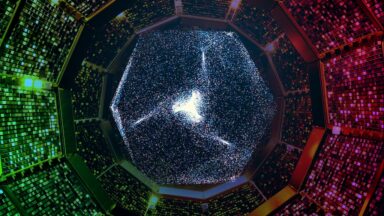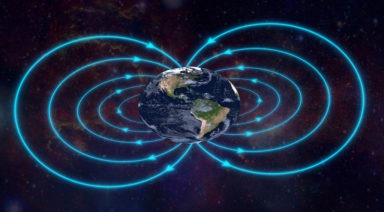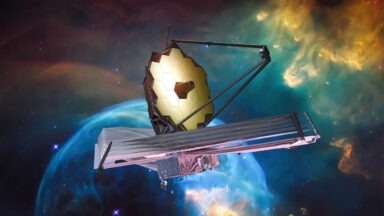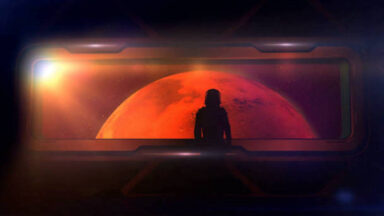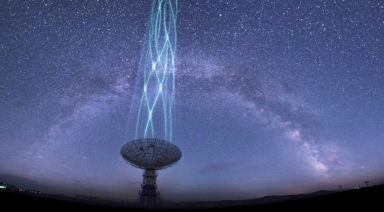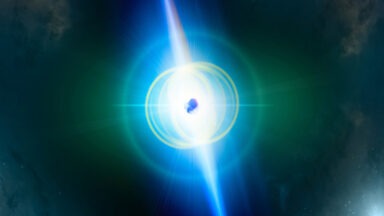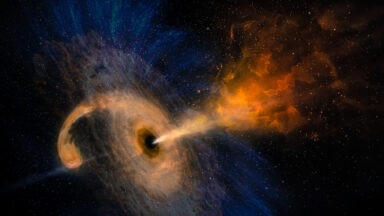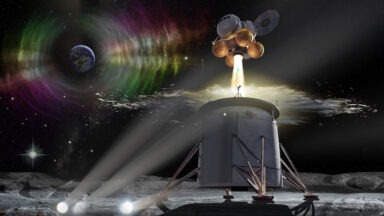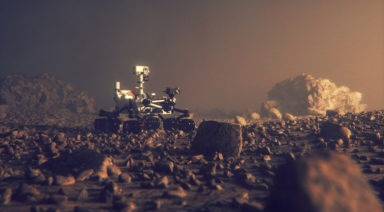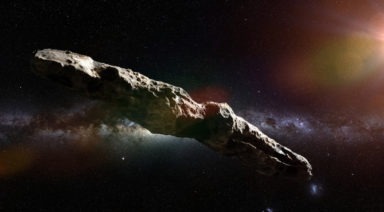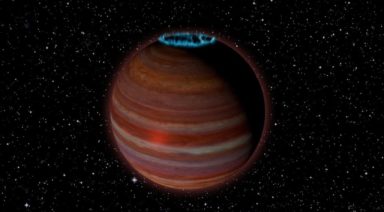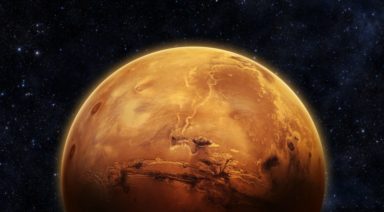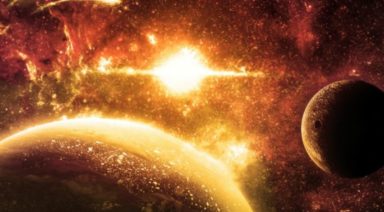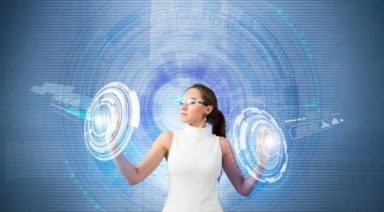AI & the Future of Humanity
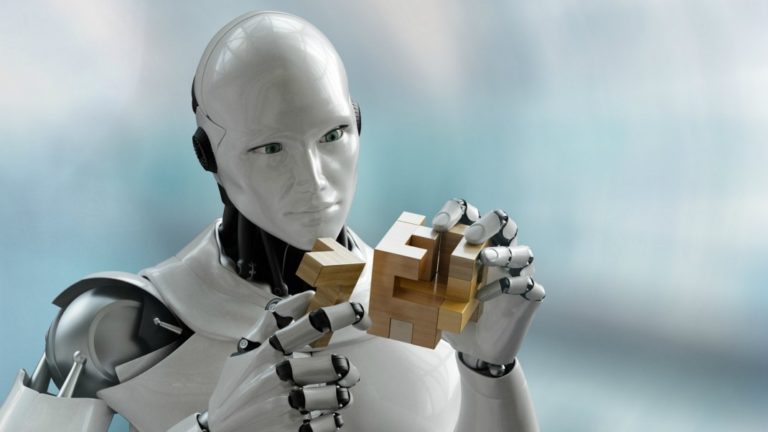
The Rise of Artificial Intelligence discuss AI technology and how it might affect humans in the future, but the future is already here. In 2011, producers of the long-running television quiz show Jeopardy decided to pit two of their most successful contestants against an IBM computer affectionately named “Watson.” IBM describes Watson as “a technology that understands all form of data and reasons and learns at scale.”
For challengers to Watson, Jeopardy producers chose Ken Jennings, who set a record by winning 74 consecutive games. Their second contestant was Brad Rutter, a contestant from the days when winners had to retire after five consecutive wins. Over the years, both Jennings and Rutter had returned to Jeopardy periodically for competitions limited to former champions. Both men had won more than $3 million.
Jennings sincerely thought he could beat Watson. Instead, the computer and its Artificial Intelligence (AI), soundly bested both of the human beings. When the contest was over, Jennings said Watson’s win was really a win for human beings since Watson was put together and programmed by humans. He said he will not be concerned until a computer like Watson becomes “entirely sentient and figures out the nuclear launch codes.”
Has the time come when computers and AI have caught up to human beings? Have they now, or will they soon, be “entirely sentient beings?” Although computers have the ability to make our life better, are they really double-edged swords that may eventually control and destroy human beings?
Artificial Intelligence Made Simple
Artificial Intelligence generally refers to machines that exhibit cognitive behavior, with human-like intelligence, such as problem-solving, learning and complex data interpretation Merriam-Webster defines AI as “the capability of a machine to imitate intelligent human behavior.” In order to be considered AI, the computer must pass the Turing test, named after Alan Turing who was a British mathematician who worked with the first computers.
In the 1950s, Turing published a paper titled Computing Machinery and Intelligence that revolutionized the computer science and engineering industries. The paper questioned whether a computer could be used to trick humans into believing they were interacting with an actual human being. He determined that if 30% of humans who interacted with a “machine” believed they were actually interacting with a human being, then the computer qualified as AI.
A simple example of AI is Apple’s Siri, a voice-activated smartphone app that is programmed to do a multitude of tasks. Ask Siri to do anything, from calling a friend to making dinner reservations, and Siri can do it. Siri seems almost human. When you ask, “Are you a real person?” Siri answers, “That is a really personal question.”
In the example of IBM’s Watson, the answers it gave during the Jeopardy game, and some banter it made with the host, gave the impression it was thinking. But, just because a system can behave like humans does not mean that it can think like humans. Or, does it?
Going to the Movies: Sentient Computers
We have ourselves been programmed for years, at least since 1968 and the release of Stanley Kubrick’s movie, 2001: A Space Odyssey, to relate to computers as though they can think. In that movie, HAL is a sentient computer who controls the spaceship and interacts with the crew on a human basis.
Other television programs and movies have similarly influenced the tendency to personify computer programs. The computer on the Star Trek television series appeared to be one of the characters. Watch “Rise of Artificial Intelligence” for in-depth discussions between from scientists and researchers on the elements of truth in science fiction movies .
Singularity: Fusion of Human & Machine
It seems like, any time now, our devices will turn into humans. Our phones already tell us to grab an umbrella before we walk out the door. They volunteer traffic conditions so we know how long it will take to drive to work. They remind us of appointments, tell us not to forget to pick up groceries after work.
Our devices are enabled to interact with us in a way that mimics a real conversation with another human being, like with Siri. It does not seem far-fetched at all to think AI can create its own language and may be programmed to actually think. If it has not already happened, it likely will happen in the near future.
Ray Kurzweil, a computer scientist, inventor and author who received the National Medal for Technology from President Clinton in 1999, has written extensively on the concept of technological singularity. He basically says “once a civilization develops primitive mechanical technologies, it is only a few centuries” before they will have advanced so much that they will begin to expand their influence throughout the universe. According to Wikipedia, “Technological singularity is the advent of artificial intelligence that will lead to runaway technological growth, with machines capable of self-improvement and superintelligence, and forever change human civilization” (adapted from Wikipedia). Kurzweil is currently employed by Google as a Director of Engineering and the author of the book The Age of Singularity is Near. The book discusses, in depth, the expected future fusion of human and machine. When this happens, the knowledge and skills humans have will be combined with the “machines” we have created, which are faster and capable of storing more knowledge than the human brain. At this point, it will be impossible for humans to know the intent of machines and some theorize it won’t be long before humans become more machine than biology.
Although IBM’s Watson, the computer that won Jeopardy, is impressive, it’s not what scientists claim to be an example of singularity. Watson was able to come up with the right answers by looking at “thousands of pieces of text that gave it a level of confidence in its conclusion,” but that’s just basic AI. An example of real singularity, according to Kurzweil, is a single event that will occur in the future, near 2045.
Another example of AI technology on the path to Singularity are the famous chess games between IBM’s Deep Blue supercomputer and world chess champion Garry Kasparov. Kasparov won the first match between Man versus Computer, but Deep Blue came back to win in a rematch a year later. A computer beating a world chess champion at his own game was a significant step in future of machine learning and draws perfectly on the premise of Moore’s Law and where technology is headed.
The future with singularity has potential to do something really great or frighteningly evil. Humans and computers can work for good, benefiting humanity by discovering the cure for debilitating diseases and how to make bionic body parts and organs. It may find the secret to fusing the spinal cord into a functioning organ to give quadriplegics and paraplegics the joy and excitement of walking again. It may be able to use algorithms to find a cure for cancer by manipulating genetics. The potential is unlimited.
On the other hand, with the existence of malevolent predatory artificial intelligence, it may have the ability to assume complete control over us. This concept was presented skillfully in the 1999 movie The Matrix. There, a malevolent AI takes over humanity. Humans fight for their freedom as they work to escape from the grasp of the machines. Could this happen to us?
Coming Soon to a Computer Near You: Quantum Computers & AI
Quantum computers are computers that use even more powerful AI technology than the computers we know today — and they’ve already been developed. They may help NASA schedule rocket launches and simulate future missions and spacecraft. What effect will AI have on the future of individual space travel? Will we be able to travel anywhere in the universe or other universes?
The director of exploration technology at NASA says, “It is a truly disruptive technology that could change how we do everything.”
What The Future Holds
It seems pretty clear that in the future, we’re going to see a human-machine hybrid. We may be the last old-fashioned, un-enhanced Homo sapiens. Humans will be stronger, live longer and be smarter. Will the new hybrids be like gods? Will they have some kind of connection, whether through implants or some other advanced method, with a hyper-advanced AI web? Just like how we now have on our hard drives and the internet, we’ll eventually have access to our own innate AI capabilities.
Kurzweil predicts that within 50 years, the humans on Earth will be about 50 to 80% robotic. What does that mean? Will benevolence prevail, or will malevolence? Knowing what we know now, will humans be able to orchestrate the development of AI so it works for a good cause? How can humanity prevent evil manipulators?
Is it possible to proceed ethically with technological innovations and to apply checks and balances through the process? There is no question that AI will be a part of every technology that humans create. Will it turn out to be more of a benefit to humankind or will it be a risk and threaten humanity as we know it? If AI is programmed according to Isaac Asimov’s 3 Laws of Robotics humans won’t have a problem with machines but for some, malevolent AI is still a concern for a peaceful and safe life on earth. Watch Gaia’s Deep Space Episode 8 – Rise of Artificial Intelligence to learn more about how AI can impact the future of humanity.
Want more like this article?
Don’t miss Deep Space on Gaia for more on the long and hidden history of Earth’s secret space program.
A New Phase of Matter Appears to Defy Laws of Thermodynamics
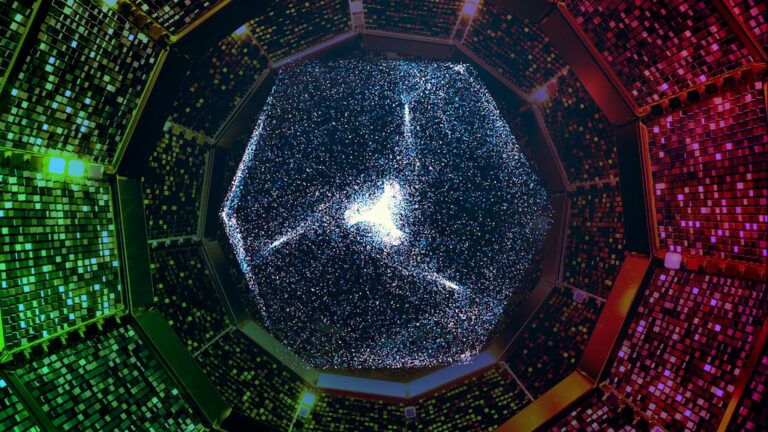
Scientists have created a new phase of matter known as time crystals, a quantum phenomenon appearing to defy the laws of thermodynamics. Could this discovery upend our understanding of classical physics?
A team of researchers developing Google’s Sycamore quantum computer announced the successful creation of a time crystal that lasted for 100 seconds. This novel phase of matter appears to defy the second law of thermodynamics, which states that entropy, or chaos and disorder, always increases in an isolated system. In other words, energy must be put into a system in order to maintain structure or motion. But time crystals have been observed to maintain a constant state of flux, without losing any energy.
Dr. Simeon Hein, director of the Institute for Resonance, explains the science behind this strange phenomenon.
“Crystals are in everything we do—they’re in watches—they’re in so many things because they’re regular, they create evenness, they create this consistency. And just like their pattern is very consistent, the energy that crystals transmit turns into a very regular pattern which is why you can use a quartz crystal in a watch,’ Dr. Hein said.
“You can put a noisy electrical signal in but it will come out as a very consistent beat, and that created the idea for some people, in this case, Frank Wilczek from M.I.T. in 2012, to propose the idea that you not only had crystals in space, you could have crystals in time. You could create an oscillating circuit, using specific quantum principles, you could create a very constant quantum beat.”
Time crystals have been described as the first “out-of-equilibrium” phase of matter, meaning they maintain order while in an excited state. But how do time crystals accomplish this, without expending energy?
“At a quantum level, they’re getting energy from something called the Zero-point energy field. The Zero-point energy field is the lowest ground state of quantum matter, but the lowest state doesn’t mean absolute zero like nothing’s happening. The quantum ground state is actually the base state of the universe, where even though there’s nothing happening, the field itself generates energy, causing random fluctuations and particles to pop out of nowhere, and all sorts of really interesting effects that normally, I should say most of the time, we don’t see in our regular, physical reality,” Dr. Hein said.
“So these coherently entangled particles would be deriving their energy from the quantum vacuum field. But if they’re getting their energy from the quantum vacuum, instead of our classical world, you can’t see any reason why they would eventually have to wind down like our regular clocks would, and energy would dissipate.”
With this new discovery of time crystals appearing to defy the second law of thermodynamics, how has mainstream science reacted, or tried to reconcile this paradox?
“A lot of these quantum phenomena seem to defy classical physics, the whole idea of quantum entanglement suggests faster than light interaction or communication, Einstein called it ‘spooky action at a distance,’ and experiments later confirmed that you could take pairs of particles and separate them, and you could do something to one of them, and the other particle would immediately react at farther and farther distances away,” Dr. Hein said.


